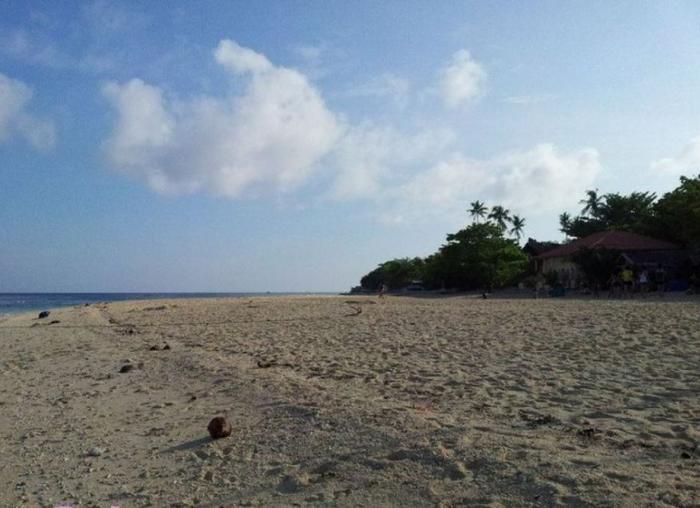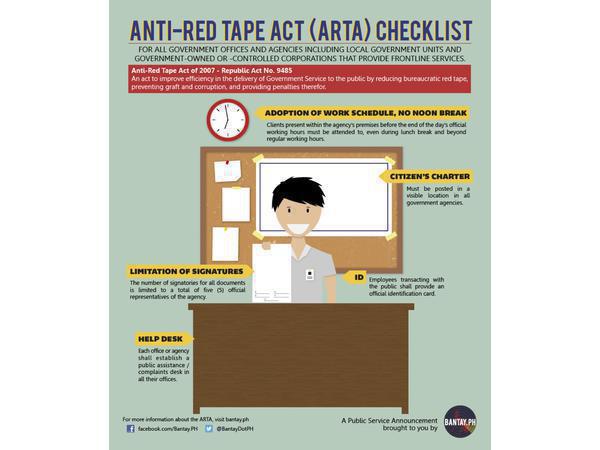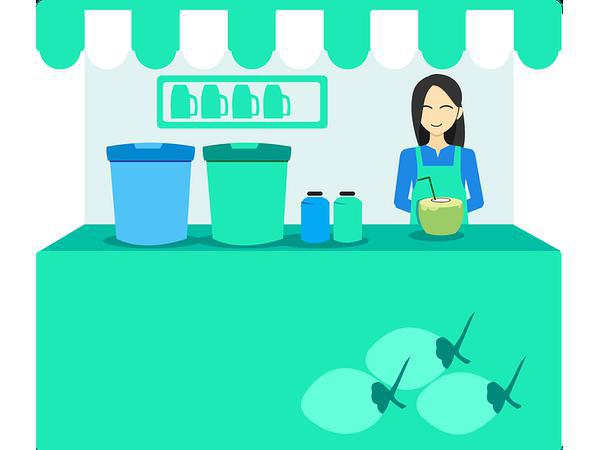The Truth About Salt Consumption
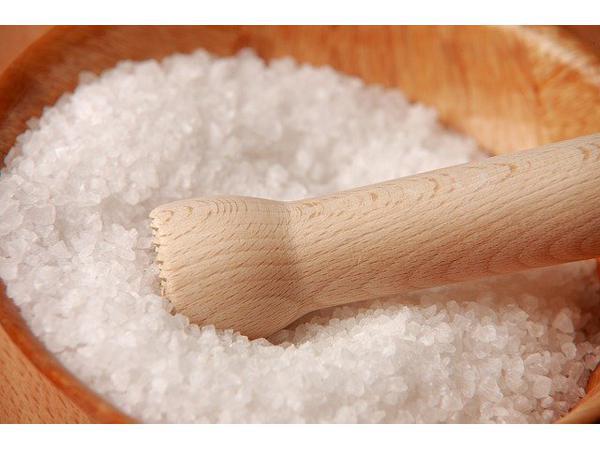
Do you know how much salt you should consume?
Sodium is essential to maintain our body fluid balance but too much salt may lead to high blood pressure and increased risk of many diseases.
More of this series: Bite-Sized Nutrition Information
Show AllAll About Salt
Salt is also known as sodium chloride, which our body requires in moderate amounts to help maintain the right balance of fluids in our body. It is unusual for us to not get enough as some foods naturally contain sodium, but too common for us to have too much without even realizing it. Ideally, an adult should aim to eat no more than 2000 milligrams of sodium (5g of salt) per day.
Tips to Reduce Salt Intake
1. Eat more fresh fruits and vegetables.
2. When cooking, substitute salt with herbs and spices to season your dishes.
3. Prepare your own soup/stock. You can use fish or chicken bones instead of stock cubes.
4. Ask for your food to be prepared with less salt and sauces where possible. I personally do this at most restaurants.
5. Look out for nutrition labels and choose those with lower sodium.
Some Salt Myths
Myth: I don’t eat a lot of salty food, so I don’t eat too much sodium
Truth: Foods do not have to taste salty to be salty. Poultry, cheese and bread can have excess sodium that can increase your risk for heart disease and stroke.
Myth: I usually don’t add salt in my food, so I don’t eat too much sodium
Truth: It is not only salt that we need to look out for. Seasonings and sauces also contribute to the bulk of sodium in our diet.
Salt vs Sodium
Salt and sodium are NOT exactly the same. Sodium is a mineral that occurs naturally in foods or is added during manufacturing. Salt is a mineral and is made up of sodium and chloride, but it’s the sodium in salt that is detrimental to your health.
There are many types of salt. So which type of salt is the healthiest?
While some salts have more minerals and are less processed than others, the differences are really that big. At the end of the day, whether it is pink, red, natural or in crystals, they have the same effect on our bodies.
What can happen if we consume too much sodium?
Sodium is essential and plays a vital role in many bodily functions. But, consuming too much may contribute to high blood pressure and negatively impact your health.
What are some examples of high sodium foods?
- Ketchup, mayonnaise, salad dressing
- Canned soups (some)
- Noodles
- Bacon, luncheon meat, sausages, canned meat
- Processed cheese
- Chips (most)
More of this series: Bite-Sized Nutrition Information
Show All5 Colors a Day
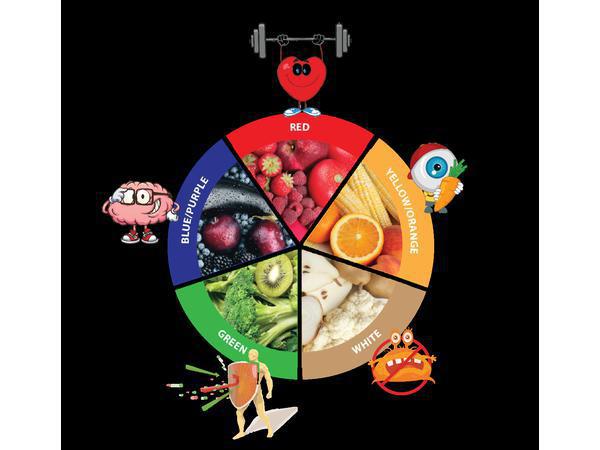
Continue reading...
8 Tips for a Balanced Meal
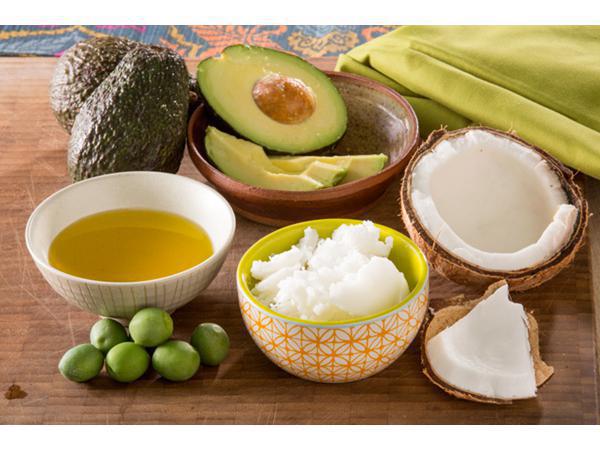
Continue reading...
Why You Need Balanced Meals
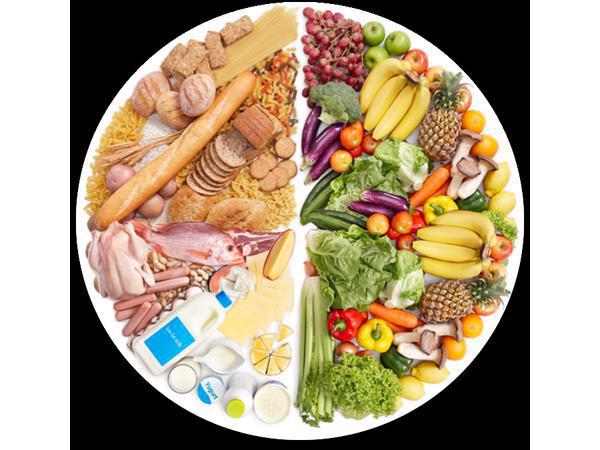
Continue reading...
What are Superfoods?
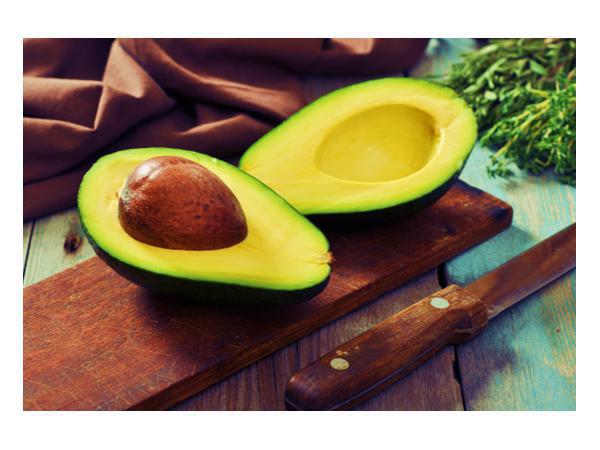
Continue reading...


